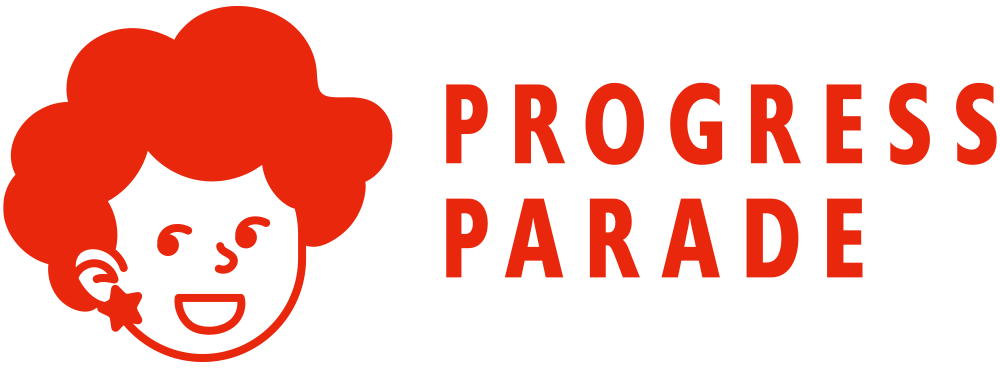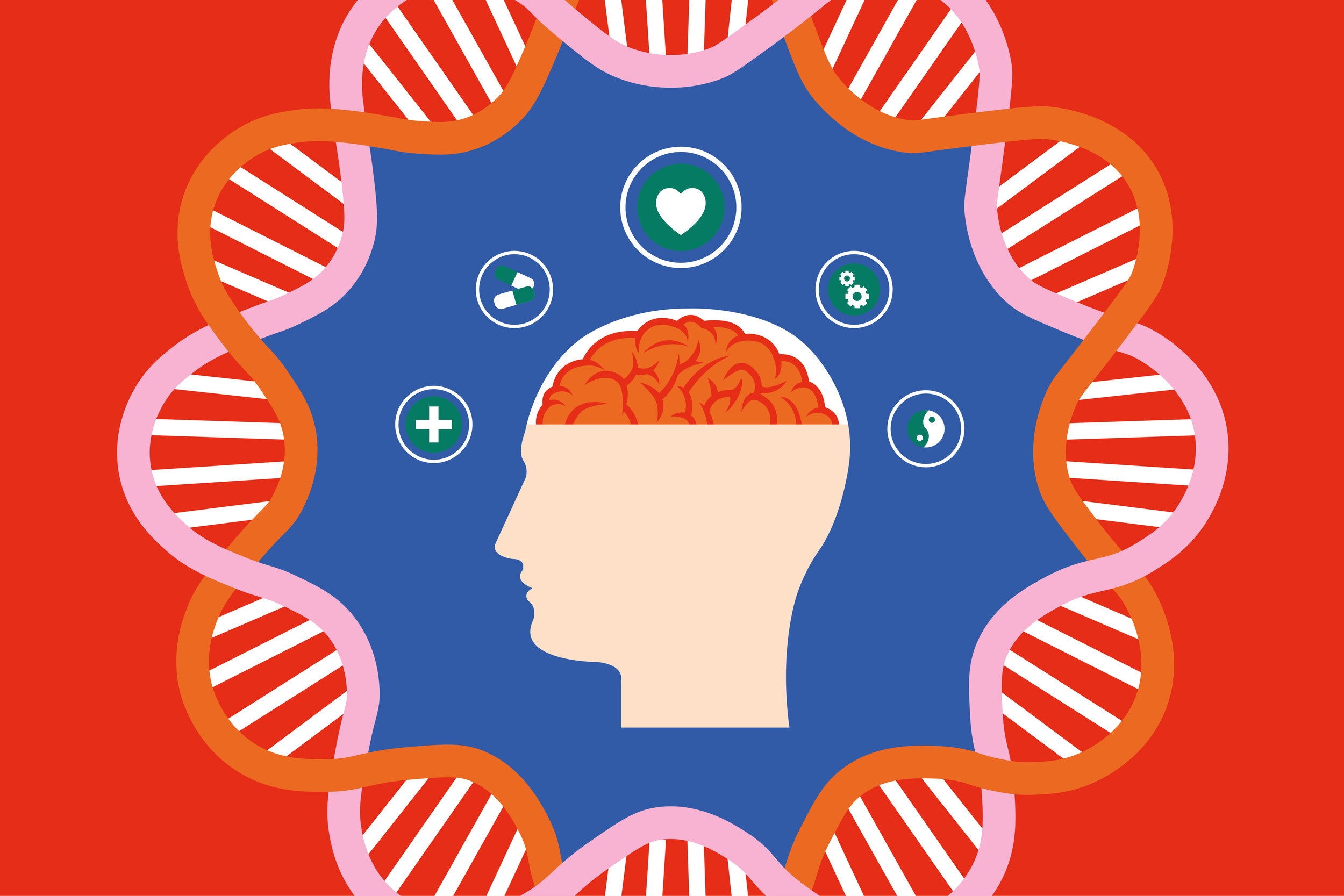What are common goals of ADHD tutoring?
Here at Progress Parade, ADHD tutoring is one of our most common referrals. We wanted to share some of the most common goals we cover during tutoring sessions with one of our ADHD specialists. Some of them may be expected and others may surprise you!
Executive functioning coaching
Executive functioning may be the area people most commonly think of when they think of academic needs of students with ADHD. Since executive functioning is such a broad, wide ranging area, we’re going to cover several subtopics under this one.
Work completion
Students with ADHD often struggle to complete AND turn in their work. These are two separate but related areas we can work on during ADHD tutoring.
Some students rush through their work. An ADHD tutor can help teach them to read all of the directions and go back through their work to make sure they’ve completed everything. We can also support them to understand the difference between giving your best effort and completing an assignment just to get it done (and move towards handing in work which reflects the former).
Other students may complete their work, but then forget to turn it in. Nothing frustrates parents and students more than knowing they actually completed the work, only not to get credit when they didn’t turn it in. ADHD tutors can help students come up with systems and check-ins to help students ensure that all completed work gets turned in and credit!
Time and task management
Students with ADHD sometimes struggle to effectively utilize their time. When they sit down to complete their homework, it can be intimidating to know how to know what needs to be done, where to start, what to work on first and how to manage the time you’ve got.
ADHD tutors teach their students how to assess the homework they’ve got to do, estimate how long it will take and decide what to work on when.
We also teach students to use their time effectively through techniques like the pomodoro technique. Having concrete time management strategies can help turn a big ambiguous blob of time into something small and manageable. It can be easy to get distracted by social media when we’ve got a huge block of open time to work, but it’s much easier to learn to actually focus and complete work in small, concrete intervals.
Long-term planning
Students with ADHD can have lots of trouble conceptualizing due dates and deadlines that are far away. For some students, telling them a big project is due in 2 months is the same thing as telling them it’s due in 2 years. They feel they have all the time in the world and have no idea how to get from point A (project not started) to point B (project completely done). Many students need lots of small goals and steps between the two big steps.
ADHD tutors teach students to add in lots of mini goals so that there are lots of small do dates and doable action steps between now and the completion of a large assignment. We teach students to break apart long-term assignments into smaller pieces and how to manage, schedule and complete those pieces to guide them to successful and timely completion of projects which would otherwise feel intimidating or unachievable.
Organization
Students with ADHD can struggle with organizing physical items (pencils, lockers, binders, papers) and virtual things (google classrooms, file folders, thoughts).
ADHD tutors can help their students find organization systems that work for them, focusing on physical items or virtual items. There are lots of organization systems out there to choose from, so we can find a system that works well for each individual student.
“Nothing frustrates parents and students more than knowing they actually completed the work, only not to get credit when they didn’t turn it in.”
Study Skills
We hear all of the time from parents that their students with ADHD have no idea how to study and that the school unfortunately hasn’t taught specific study strategies. Even if your student has effectively blocked time out of their schedule to study and has spent lots of time trying to study, this will be wasted time if they don’t know how to study. We hear from parents and students that they might try to take in too much information (rereading entire chapters) or try to condense the information too much (just reading chapter summaries). It can be hard to know how to study if you haven’t been taught.
ADHD tutors can help students develop effective study techniques AND implement study strategies effectively by using some of the effective time management techniques described above during test study blocks.
Writing
Students with ADHD often struggle with the writing process. If writing comes naturally to you, you may not realize how many steps are actually involved in writing. Writing relies heavily on executive functioning skills. You have to:
Come up with a topic
Brainstorm/come up with enough ideas to write about
Narrow down the ideas you came up with to a cohesive set
Organize your thoughts and plan the paragraph or essay
Write
Edit
Each of those steps is actually several steps! For a student with ADHD, this process can be very overwhelming, particularly as it often encompasses several of their deficits (long-term planning, organization, time management).
Many of our students need support with the writing process. We teach students to plan their writing assignments and also teach them personalized editing strategies. We work to make the writing process concrete and understandable, rather than overwhelming!
As a side note here, many students with ADHD also find the actual act of handwriting to be very challenging. They may struggle with fine motor skills which can negatively impact writing as well. For these students, writing assignments are especially challenging! We can support these students by working with them to develop handwriting skills. We can also help the team to decide when it may be time to move from handwriting to an assistive technology solution (focusing on learning to type, rather than handwriting).
“For a student with ADHD, this process can be very overwhelming, particularly as it often encompasses several of their deficits”
Math
Math can also rely heavily on executive functioning! We have many students who understand the math problems conceptually but may struggle to show their work. Or they may do almost everything correctly but make one small mistake (a negative sign or a misplaced comma) which leads them to the wrong answer. We work with these students to come up with systems to organize their math problems to ensure they know what they’re doing when. We can also use checklists to support them in making sure they haven’t forgotten any steps.
Multi-step directions & answers
This is one that can apply to any subject and any assignment. Students are often required to answer multi-part questions or to follow multi-part directions. Students with ADHD can struggle to complete all of the steps and may easily forget one or many of the required steps.
Here, similar to in many of the other areas described above, we can work with the students to develop self-monitoring techniques, checklists, and underlining/highlighting strategies to help them remember all parts of the directions.
Need an ADHD tutor?
We here at Progress Parade specialize in working with students with ADHD! We’d love to discuss your students needs to choose a learning specialist, school psychologist or educational therapist specifically for your child!
Our founder shares common tutoring needs of students with ADHD.
































